Green intentions collide with generational experiences as dinner table debates turn explosive.

Nothing spices up a family dinner quite like a heated climate change debate between Grandpa and his TikToking granddaughter. The climate crisis isn’t just melting ice caps—it’s melting down holiday gatherings across America. When different generations lock horns over environmental issues, it’s not just about carbon emissions; it’s an explosive collision of entirely different life experiences, media bubbles, and visions of the future.
Most everyone now agrees climate change is happening, but the moment someone suggests what to actually do about it? Duck and cover. The battlegrounds below represent those conversational land mines where intergenerational climate chats go from zero to nuclear faster than you can imagine. Plus, a few peace treaties that might just save your next family reunion.
1. The battlefield of fashion ethics extends from thrift store finds to walk-in closets.

Grandma often starts with stories about buying clothes that lasted decades, conveniently forgetting the polyester horrors lurking in her attic photo albums. From their perspective, watching grandkids cycle through fast fashion trends represents peak throwaway culture—the ultimate symbol of environmental carelessness. Eyes rolling so hard they might strain something, the younger generation points out the economic reality: quality pieces aren’t affordable on gig economy wages.
The ceasefire only happens when Nana teaches Junior to sew a button, and Junior shows Nana how to flip unused clothes on Depop. Suddenly they’re fashion-recycling co-conspirators instead of warring factions. According to Teen Vogue’s Aditi Mayer, platforms like Depop have become popular among younger generations for buying and selling secondhand clothing, promoting sustainable fashion practices.
2. Three Mile Island memories collide violently with rising sea level predictions.
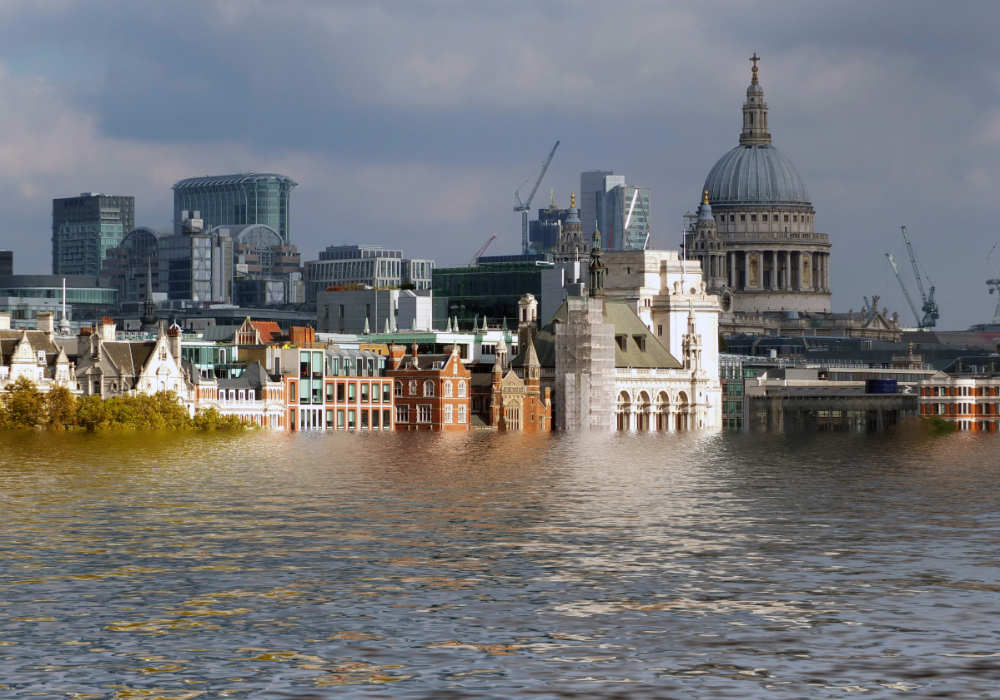
Mention “nuclear power” and watch peace-loving flower children transform into protesters faster than you can say “Chernobyl.” Those duck-and-cover drills left psychological scars, making nuclear energy about as appealing as a root canal performed by an art major. As reported by Alex Lawson in The Guardian, a study from the Tony Blair Institute found that fears over nuclear power after Chernobyl were largely unfounded and that global carbon emissions could be 6% lower today if nuclear development had continued.
Staring blankly at this nuclear panic while Miami slowly disappears underwater, younger activists can’t hide their frustration about prioritizing old fears over current catastrophes. Eventually someone wise points out that arguing about energy sources while the planet cooks is like debating fire extinguisher brands while your kitchen blazes.
3. Small actions spark big arguments between metal straws and corporate boycotts.

Diligently washing and sorting every yogurt container, the older generation appears genuinely bewildered when their meticulous recycling habits fail to impress the youth. They’ve been bringing canvas grocery bags to stores for decades—long before it became trendy. A study by Georgie English for The Sun reveals that baby boomers are the most diligent recyclers in the UK, with 54% correctly recycling items, while younger generations often struggle due to lack of knowledge and confusion over recycling rules.
Meanwhile, fingers furiously typing outrage at Big Oil, the younger crowd sips iced coffee from their fourth disposable cup of the day, insisting that individual actions pale against corporate responsibility. They finally bond when realizing they need each other—grassroots habits meet digital organizing for the eco-alliance nobody saw coming.
4. Gas-guzzling memories clash fiercely with electric dreams on the climate roadway.
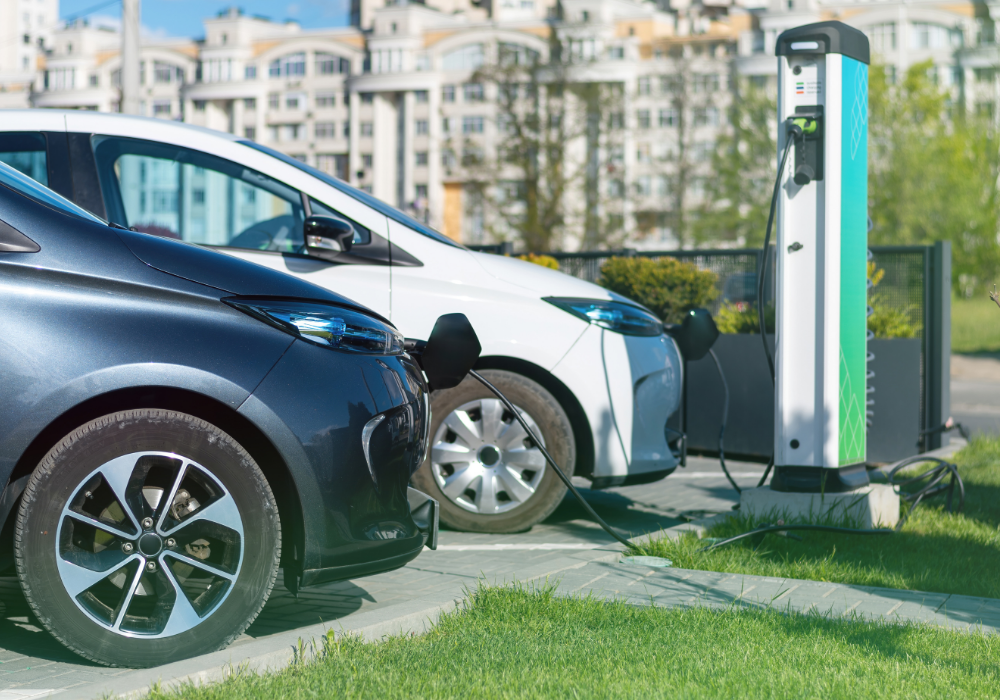
Electric vehicle discussions transform polite family gatherings into heated debates within seconds. Cue the older generation’s well-rehearsed concerns about strip-mined lithium batteries, coal-powered electricity, and the inevitable anecdote about someone who got stranded when their Tesla froze in Minnesota.
Carbon statistics fly back from the younger crowd, who wonder privately how many more family dinners will happen before climate impacts make these debates irrelevant. Common ground emerges surprisingly when the conversation shifts to designing better communities where people don’t need to drive so much. Suddenly everyone’s nodding—the shared frustration with traffic jams and long commutes bridges the EV divide, creating an unexpected moment of intergenerational climate harmony.
5. Cold War terrors pale against today’s climate dread until wildfires hit home.
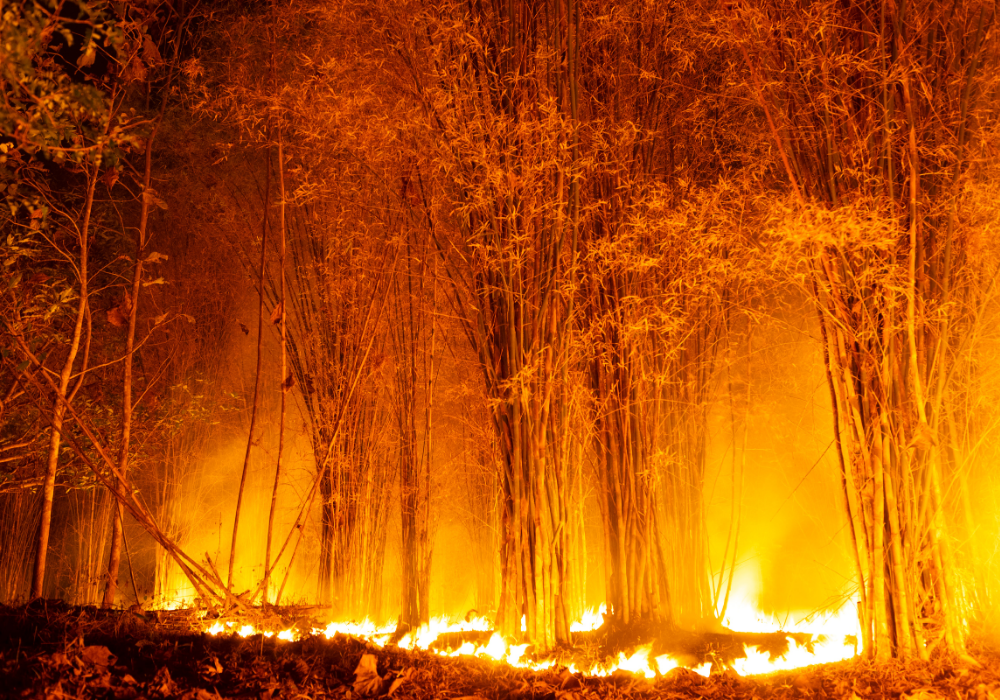
Expressions of climate anxiety from young people often receive dismissive responses from their elders, who compare current fears to their own experiences with Cold War threats. The suggestion that anyone who survived nuclear anxiety should be able to handle climate change misses how their “keep calm and carry on” approach might be exactly why we’re in this mess.
Planning lives around climate projections while watching retirement cruises get booked with carbon footprints visible from space, the younger generation struggles to comprehend this disconnect. The healing starts when elders acknowledge these fears aren’t adolescent dramatics, and youngsters realize behind many dismissive comments lurks their grandparents’ own unprocessed climate grief.
6. Plastic straw debates symbolize the battle between small actions and big impact.

Older folks look puzzled watching grandkids reject plastic straws while piling up Amazon boxes. This mix of eco-symbolism and regular consumption habits leaves them scratching their heads. The defense comes quickly: these small actions mark just the beginning of an environmental journey.
Peace happens when someone compares mocking these first green steps to laughing at a toddler learning to walk. Everyone starts somewhere, and small environmental habits often lead to bigger lifestyle changes – just like those wobbly first steps eventually turn into running. The conversation shifts from judgment to encouragement when both sides recognize that environmental awareness grows over time.
7. Cold winters don’t disprove warming trends in family climate battles.

Uncle Bob never misses a chance to bring up those 1970s ice age predictions, wearing his skepticism like a badge of honor. To him, the shifting scientific consensus over the decades is reason enough to question today’s climate warnings. Many in his generation see their doubts as healthy skepticism rather than outright denial.
Younger generations, on the other hand, grew up with undeniable climate data and extreme weather that makes the crisis feel impossible to ignore. The disconnect runs deep, but tensions ease when the conversation shifts from debating specific climate models to recognizing the unshakable reality of basic physics: a warming planet isn’t up for debate.
8. Stuffed garages reveal deep divides about consumption and waste.

Those who’ve lived through real scarcity treat abundance like a prize they fought to earn. Having known empty fridges and tight budgets, many in the older generation see anti-consumption messaging as a threat to the security they worked hard for—hence the extra air fryer in an already overstocked kitchen.
Younger folks, meanwhile, stare at their elders’ storage units like archaeologists uncovering a lost hoarding civilization, baffled by the sheer volume of stuff. They rarely acknowledge their own digital hoarding while critiquing physical clutter. The divide softens when the conversation shifts from possessions to experiences—because even the most dedicated shoppers can agree that memories outlast impulse buys.
9. Dinner tables become climate frontlines stretching from Sunday roasts to Impossible Burgers.

Thanksgiving mood crashes when someone announces their climate-inspired veganism. The older generation takes it personally—after all, serving meat has long symbolized being a good provider and caring for family.
Younger relatives come prepared with facts about livestock’s environmental impact, then seem puzzled when statistics don’t change deeply held traditions. Harmony returns through compromise: occasional meatless meals or when someone cleverly creates plant-based versions of family favorites that satisfy everyone. Finding middle ground happens when environmental concerns respect cultural meanings attached to food, and when traditional values make room for evolving planetary awareness.
10. Climate refugees force uncomfortable conversations about borders and responsibility.

Conversations about climate migration tend to hit a nerve, exposing deep divides over global responsibility. Older generations, raised with more rigid national boundaries, often see the term “climate refugees” as political exaggeration rather than an unfolding reality.
Younger generations, on the other hand, view this skepticism as morally baffling and respond with solutions that can sound overly idealistic—something along the lines of “just world peace, how hard could it be?” Real progress happens when both sides recognize the need for balance. Compassion alone won’t create sustainable policies, and rigid borders won’t stop the tide of migration. The challenge ahead demands both humanity and strategic planning.
11. Sacred nature spots become social media battlegrounds between generations.
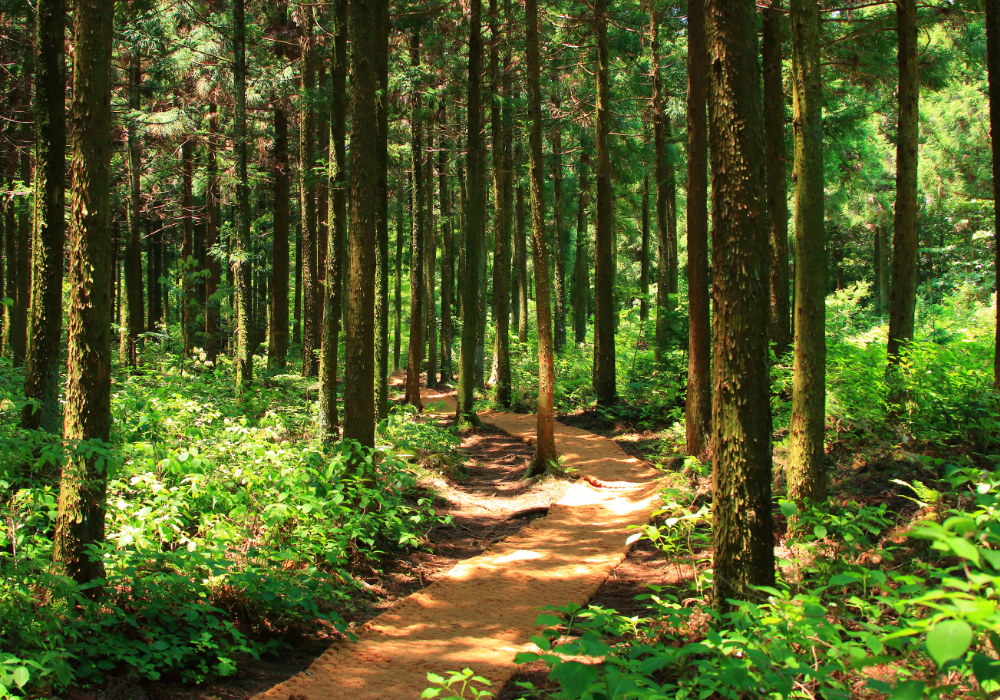
Seeing Instagram influencers swarm once-hidden trails in pricey activewear, longtime hikers struggle to hide their frustration. To them, it feels like performative outdoor appreciation. But in their outrage, they often forget their own past missteps—carving initials into ancient trees, venturing off-trail, or tearing through fragile ecosystems in off-road vehicles.
Younger adventurers, tired of gatekeeping and the historically wealthy, white outdoor culture, push back against the idea that only certain people “deserve” access to wild spaces. The real path forward isn’t about keeping others out—it’s about collective responsibility. Preserving these places won’t come from exclusivity, but from making sure everyone has a stake in protecting them.
12. Hope versus doom creates the deepest climate conversation divide.

Having tackled crises like polio and the ozone hole, older generations see climate doom-scrolling as counterproductive. They argue that fear rarely drives action and instead place their faith in technological solutions that don’t require sacrificing the comforts they’ve worked hard to secure. Optimism, to them, is a necessity, not a delusion.
To younger ears, this sounds somewhere between naïve and negligent, especially after decades of hopeful narratives failed to curb rising emissions. From their perspective, urgency—not wishful thinking—should be the driving force. The real breakthrough happens when both sides recognize that neither blind optimism nor paralyzing despair will solve the crisis.
Progress requires a balance: honest storytelling that acknowledges the severity of the problem while also providing real pathways for action. Hope and urgency aren’t at odds—they’re both necessary to drive the changes the planet so desperately needs.
13. Technology solutions face off against immediate action in climate standoffs.
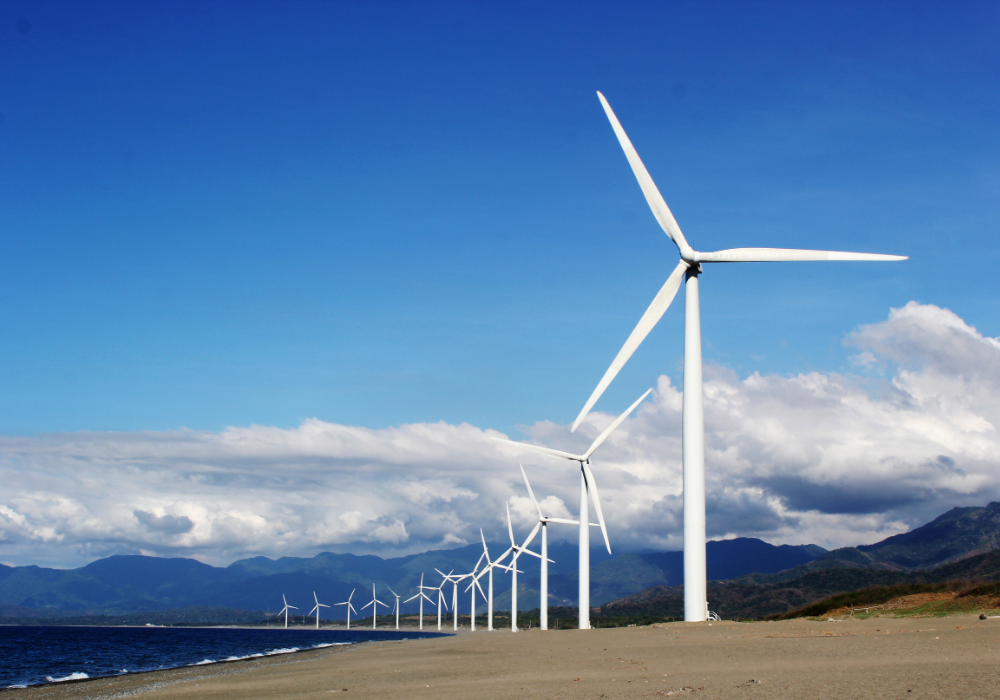
Mention climate technology solutions at family dinner and watch conversation lines form instantly. Having witnessed technological miracles from moonshots to smartphones, older generations often bet on human ingenuity saving us without lifestyle sacrifices.
Approaching tech silver bullets with deep skepticism, younger folks emphasize that we already have viable solutions but lack political will to implement them at scale. Reconciliation happens when both acknowledge the messy truth: neither waiting for perfect technology nor demanding immediate system change alone will solve our climate crisis. Finding common ground means accepting that solving climate change requires multiple tools in our toolkit, not just the ones we personally prefer.
